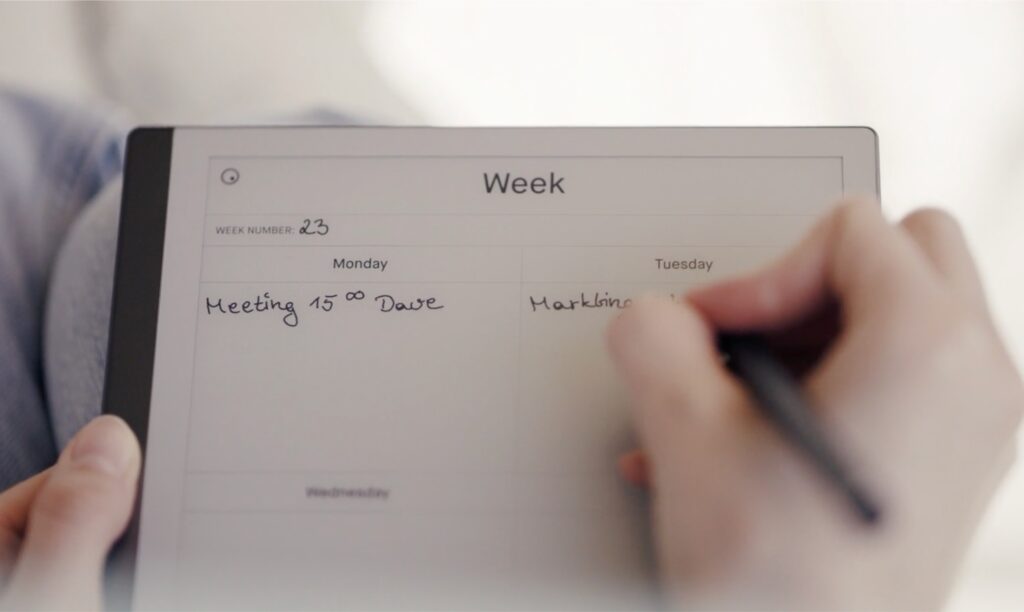In the dynamic landscape of DIY video production, the importance of Time Management Tips for Efficient DIY Video Production cannot be overstated. Balancing creativity with the constraints of time necessitates a strategic approach to ensure that your projects not only meet the mark of quality but also adhere to set deadlines. This blog post dives into essential time management strategies designed to optimise your video production process, from the initial planning stages to the final edits, facilitating a smoother, more efficient workflow that brings your creative visions to life without unnecessary delays.
Plan Meticulously
Start with a detailed plan that outlines every phase of your production, from pre-production through post-production. Break down the project into manageable tasks, estimate the time needed for each, and set clear, achievable deadlines. Use project management tools or a simple spreadsheet to keep track of progress and adjust timelines as needed.
Prioritise Pre-production
Investing time in pre-production can save countless hours later. This phase should include scripting, storyboarding, scouting locations, and casting. A well-thought-out storyboard and script ensure that you know exactly what shots you need, reducing time spent on unnecessary takes.

Schedule Shooting Smartly
When scheduling your shoot days, be realistic about what you can achieve within the time you have. Consider factors like lighting, location availability, and actor schedules. Group shots that can be taken in the same location or with the same setup to minimise setup and transition times.
Efficient Editing Practices
Editing can be the most time-consuming part of video production. Start with a rough cut to get the overall flow, then refine from there. Utilise keyboard shortcuts to speed up the editing process, and consider using presets and templates for repetitive tasks or effects.
Delegate and Collaborate
Don’t try to do everything yourself. Delegate tasks to team members or collaborators to spread the workload. If you’re working solo, consider which tasks you might outsource, such as colour grading or sound design, to free up your time for other aspects of production.
Stay Flexible but Disciplined
While it’s important to stick to your schedule, be prepared to adapt when things don’t go as planned. Having some buffer time in your schedule for unexpected delays can help keep your project on track. However, maintain discipline in your work habits to ensure you’re using your time effectively.
Conclusion
Efficient time management in DIY video production can mean the difference between a project that drags on indefinitely and one that’s completed successfully and satisfactorily. By planning ahead, prioritising tasks, and making smart use of your resources, you can streamline your production process, enhance your productivity, and achieve better results in less time. Remember, the goal is to work smarter, not harder, and these time management tips are your first step towards more efficient and enjoyable video production.





